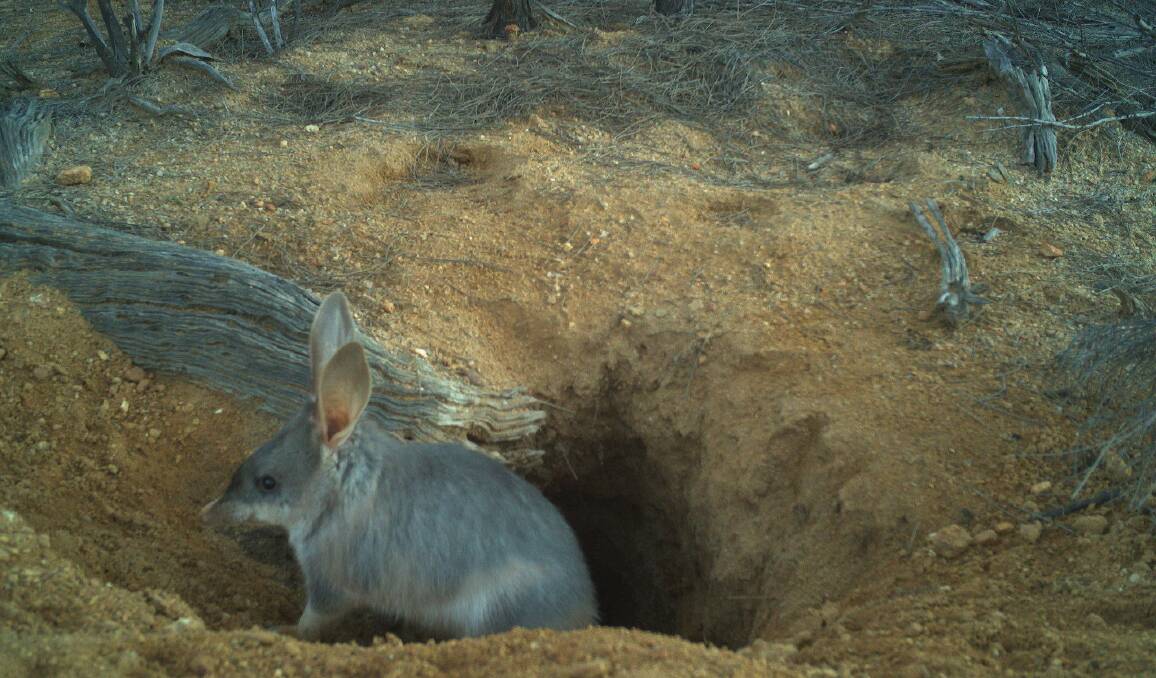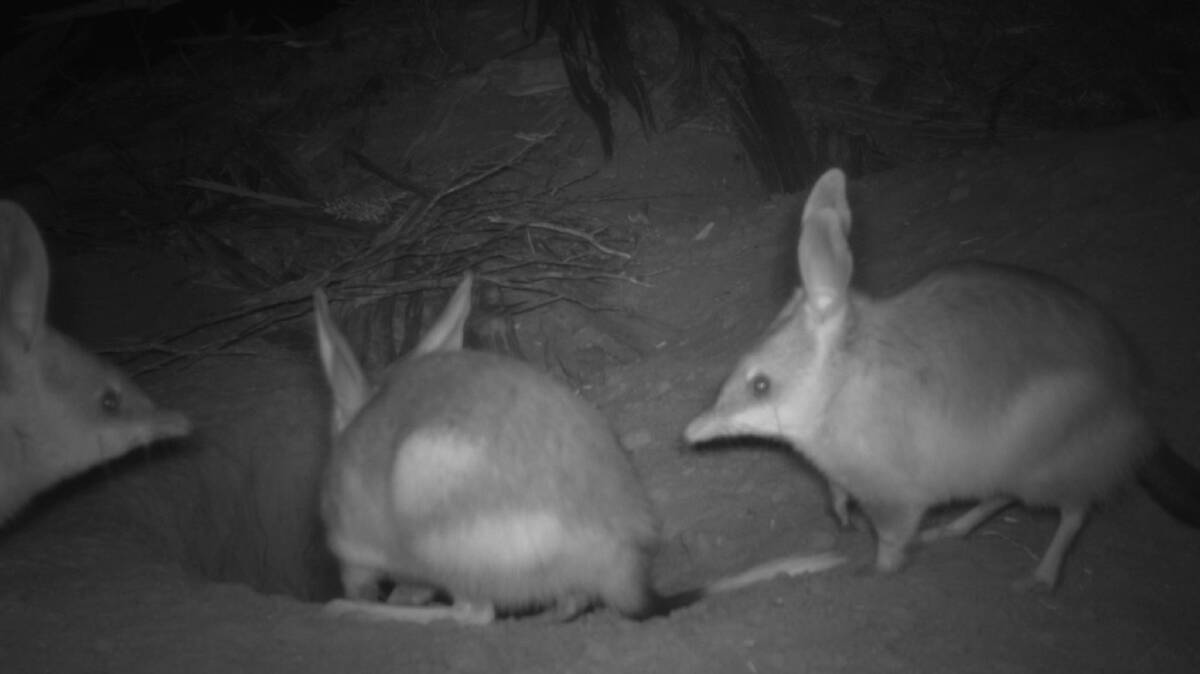New research from Murdoch University has identified feral cats as a serious threat to WA's beloved bilby population.
Create a free account to read this article
$0/
(min cost $0)
or signup to continue reading
Masters student Faith Chen conducted the research in the West Kimberley, monitoring bilby habitats using motion-activated cameras.

Bilbies play a crucial role in maintaining native habitats, as their digging behaviour turns over soil, which leads to an increase in nutrient cycling. They are also critical to the eco-system, offering shelter to a variety of small animals.
Results from Ms Chen's research identified felines as regular visitors of the burrows and even their presence was enough to substantially decrease burrow maintenance activity.
Ms Chen said the disturbance also had an impact on the wildlife that used bilby habitats for shelter, such as lizards and birds.
"Now that we know even the presence of feral cats can alter bilby behaviour, I think it really goes to show how much effort we need to put into feral cat management," she said.
One of Ms Chen's supervisors, Murdoch University professor and wildlife ecologist Trish Fleming, advised that feral cat predation may have even broader implications as they targeted the 'eco-engineers'.
Ms Fleming said bilbies were facing a concerningly "severe decline".
"The bilby once had a distribution across 70 per cent of the Australian mainland," she said. "The species is now restricted to approximately 20 per cent of its former distribution."
With sustainability and a thriving eco-system a global priority, Ms Fleming said it was important to develop and use a range of tools to control feral cat populations, tipping the balance to favour native species.

She added that feral cats had been linked to the extinction of more than 20 native mammal species, and previous field research recorded positive fauna responses after small mammal to cat population suppression.
The new research filled an important gap in knowledge regarding the extent of disruption feral cats posed to the bilby population, and researchers are now exploring different methods of population control.
Ms Fleming is currently working with a team, alongside New Zealand company Critter Solutions, to develop and implement traps which do not require toxins and use artificial intelligence to differentiate native species from predators.
Ms Chen is currently a PHD candidate, and will dedicate her research to improving monitoring methods for the feral cat population.
"Now that we know more about this issue, I want to see what else I can tackle," she said.


